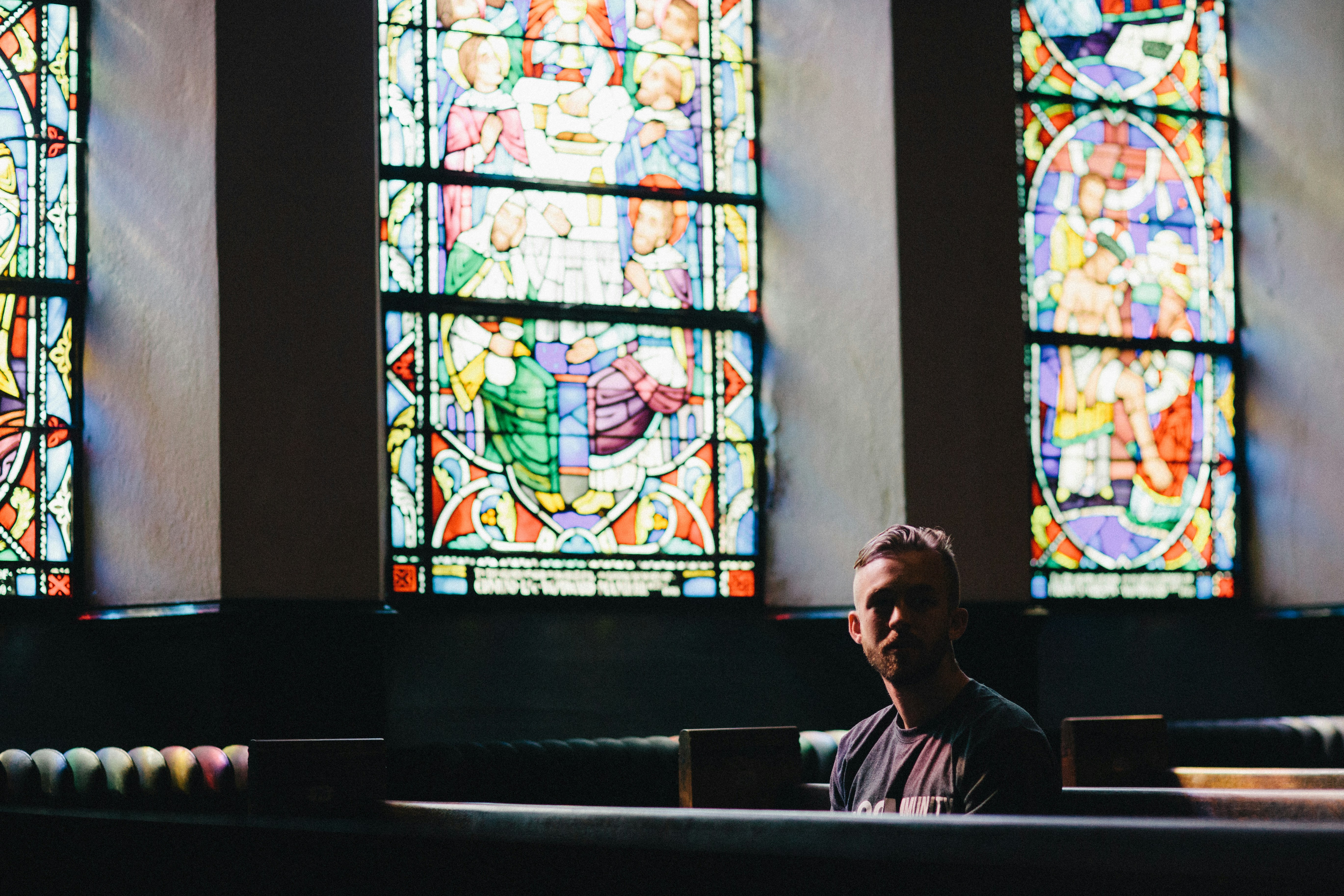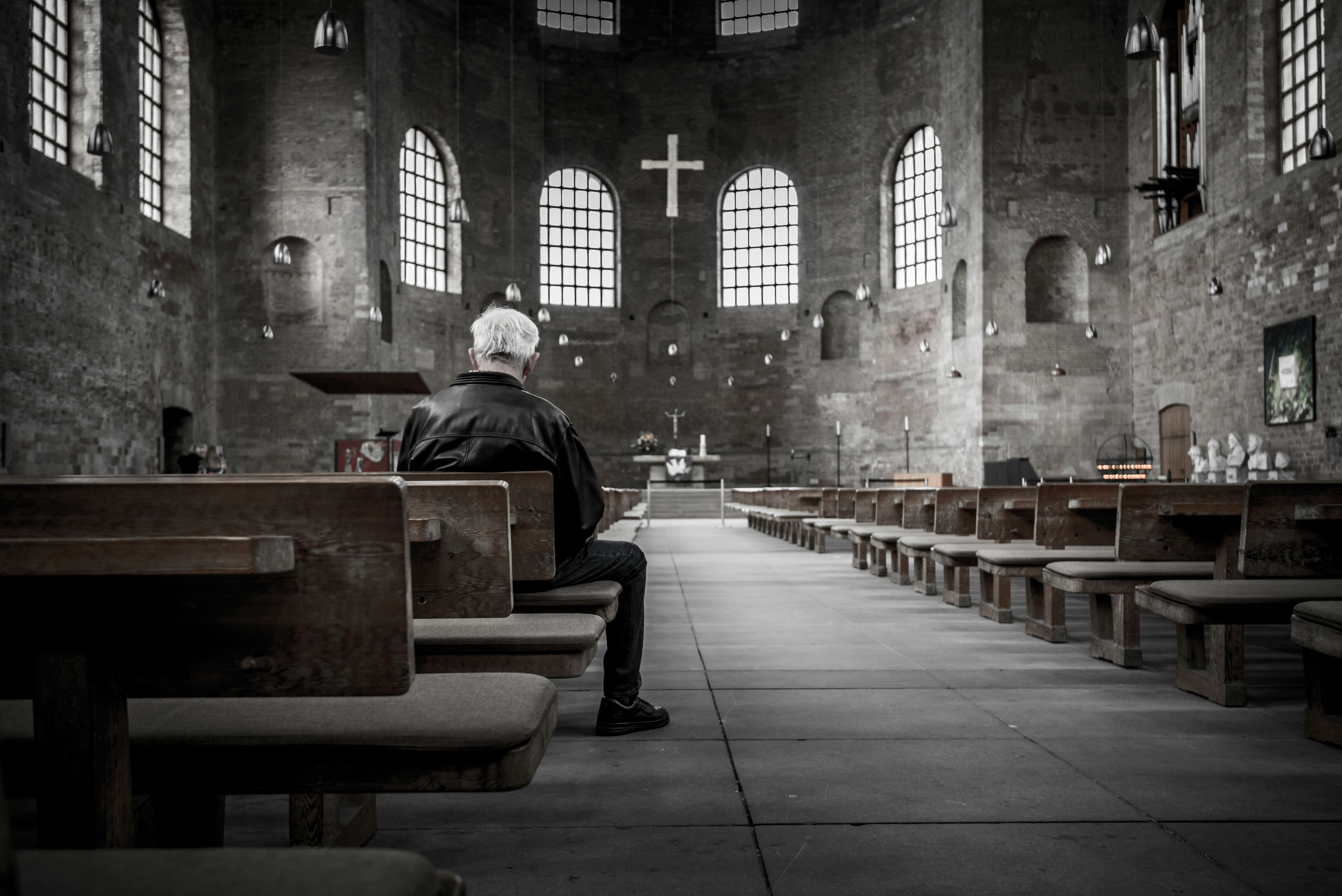You may have reopened your church, thinking the COVID-19 pandemic was nearing an end. However, with cases around the world still on the rise, you may be considering closing again. Is it a financially sound decision? Will you lose your real estate, your parishioners, and your ministry?
The decision to close again will change depending on your area, parishioners, and financial goals. Consider a variety of conditions before you make this decision. Does your church share space with other groups? Is it in a high-risk area? Are there any local laws or regulations you can look to for advice? Read on for other things to consider before you make your decision.
Opt for a hard money loan.
Several churches are having trouble making ends meet during COVID-19 lockdowns. However, there are ways to stay afloat even if you close your doors to parishioners. Consider a hard money loan to help save yourself from financial ruin. A hard money lender decides how much to lend using the value of the church property as collateral. Unlike conventional lenders, these are private money lenders. Private money loans like these help real estate investors and commercial property owners. These loans are also a good idea for those who need private lending options in a hurry.
Because they’re a private money lender, your transaction may take as little as one business day. It’s often a better idea than getting a mortgage on the property. A hard money lender in your area will be able to give you the best price. An online search will allow you to do extensive research before you pick the right lender for you. For example, search for “hard money lenders Oregon”—remember to put your zip code in the search bar—to get the most specific results.
Offer more donation options.

What happens if you keep your church open and parishioners don’t fill the pews? Closing may mean no more pew envelopes, but you may also see church finances slipping if you stay open. One of the biggest financial woes facing churches during a lockdown is a lack of donations. It’s especially tricky for smaller churches to get over this loss. Like other small businesses, small churches need to meet regular financial goals. Before you turn to short term loans, bridge loans, or commercial loans, consider remote donations.
Did you know you can send parishioners church offering envelopes by mail? Get pledge envelopes sent to a home or business address, or set up donation boxes in public areas. Get customized offering envelopes and pew donation envelopes. These will encourage parishioners to donate more from the comfort of their homes. You can also conduct virtual services and set up an e-donation collection round at the end of the service.
Focus on cluster case risks.

Even though cases of COVID-19 in the United States are declining, the rate is too slow for life to go back to normal. And, regional spikes and cluster cases can ruin efforts to slow the spread of the virus. So, is it worth staying open and risking cluster cases popping up in your church? If you’ve seen even one or two cases among your staff or parishioners, it’s a good idea to close again. It can prevent things within your ministry from getting worse.
Consider high-risk parishioners.

If you’re not at risk of cluster cases, it’s tempting to keep your church open. However, have you thought about the safety of your parishioners? Who are the people most likely to fill the pews when you open up again? If your church has senior and high-risk category parishioners, it’s a good idea to close again. There’s no advantage to putting people’s safety at risk. And, the eventual loss of parishioners to the virus won’t help your finances either.
Think of sanitation expenses.
If you stay open, you will have to spend on sanitation products and regular church supplies. All this can slowly add up, making it more profitable for the church to stay closed. Your list of church supplies will also include hand sanitizer, cleaning products. And, a cleaning crew can add to costs as well.
It may be adding more to your expenses than to your profits to keep the church open. If your pews are a shared space or rented out, it can be almost impossible to stay as sanitized as you’d like to. If you’re having trouble managing the costs of church supplies, consider closing the church.












